Table of Contents
- Introduction
- Why does soil matter for nursery plants?
- Types of soil for nursery plants
- How to choose the best soil for your plants?
- The role of fertilizers in plant growth
- Types of fertilizers for nursery plants
- How to select the right fertilizer?
- Tips for maintaining healthy soil and fertilizer use
- Where to find quality plants and supplies in Indore?
- Conclusion
- FAQs
Introduction
Choosing the right soil and fertilizer is essential for plants cultivated in a nursery. Nutritious soil gives enough support and nutrient supply to new plants. Fertilizers ensure quick development of the plant and keep the plant free from diseases. A majority of gardeners get confused between choosing the correct fertilizer and soil.
However, this blog will assist you in making the right decisions for your plants. It tells you everything in simple words, so even the novice can comprehend, and it is helpful to the professionals as well. You are familiar with the different soils, the application of the correct fertilizers, and the fertilizers required. Additionally, it also informs you where you can purchase healthy plants and garden inputs from trustworthy sources like Indore’s best plant nursery. Let’s grow nice and healthy plants together.
Why does soil matter for nursery plants?
Soil is the foundation of plant life. Soil holds water, air, and nutrients. Plants will never live and grow without good soil. Nursery plants need proper soil for young roots. Therefore, good soil helps in drainage and aeration. Good soil also protects against bad pests and diseases. The wrong type of soil may hinder growth or even kill plants. So, one should know about types of soil for healthy nursery plants.
Types of soil for nursery plants
There are several soils to search for nursery plants:
- Sandy Soil: Shallow and fast but less rich in nutrients.
- Clay Soil: Holds water very well but leads to poor drainage.
- Loamy Soil: An equable mixture of sand, silt, and clay; most appropriate for most plants.
- Peat Soil: High organic matter; holds water.
- Silty Soil: Silty consistency; extremely well nourished but can be extremely hard too at times.
Moreover, each of the soils has its benefits and drawbacks. Peat or loam soils are typically best for most nursery crops, but can be erratic in choice in the best interest of the crop and weather.
How to choose the best soil for your plants?
Selecting the best soil involves the following considerations:
- Plant Type: Some plants are adapted to dry soil but other plants are accustomed to wet soil.
- Drainage: Drain the water present in the soil completely. The soil must never be wet.
- Nutrient Content: Nutrient and dense soils feed seedlings faster.
- pH Level: Watch whether the soil is alkaline, neutral, or acidic.
- Texture: The soil must be loose and crumbly so that the roots may develop.
Furthermore, you may also blend manure or organic material with compost. It allows space for drainage and nutrient delivery. The majority of horticulturists buy soil from the biggest nursery in Indore in an attempt to provide quality.
The role of fertilizers in plant growth
Fertilizers provide nutrients to the crops. Phosphorus, nitrogen, and potassium are some of them. Fertilizers promote growth of the roots, flowers, and leaves of the crops. Fertilizers give protection to the crops from pests and stress. However, fertilizers will get weak or white if fertilizers are not provided to the crops. Therefore, if fertilizers are in surplus, then the crops will harm themselves. Proper usage of the fertilizer is necessary.
Types of fertilizers for nursery plants
Most commonly utilized fertilizers are
- Organic Fertilizers: Made up of natural material like compost, manure, or bone meal.
- Chemical Fertilizers: Made to release accurate quantities of nutrients at the right time.
- Slow-Release Fertilizers: Made on slow release with fewer overfeeding chances.
- Liquid Fertilizers: Most widely used and ideal for immediate release of nutrients.
Organic manures build up soil health over a period. Inorganic fertilizers promise instant action but make limited usage. Moreover, use of either one of the above two categories of fertilizers is available by all except a few among the nurseries, like top sellers among Indore’s online home plant shoppers.
How to select the right fertilizer?
Fertilizer selection based on:
- Plant’s age: Seedlings need less fertilizer than mature plants.
- Nutrition need: There are quite a number of various nutrition needs of various plants.
- Soil health: Check the soil to understand what the soil lacks in nutrients.
- Form of application: Fertilizer may be applied to soil or leaves.
Additionally, read labels carefully. Fertilizer amount and timing are important. If unsure, look it up online or talk to experts at a good nursery or online outdoor plants in Indore.
Tips for maintaining healthy soil and fertilizer use
To keep soil and plants healthy:
- Water to feed them but never waterlog.
- Compost to enrich the soil.
- Substitute the fertilizers to avoid too much of nutrients.
- Mulch to conserve water and kill weeds.
- Check the pH and nutrient levels of the soil from time to time.
Furthermore, healthy and quality plants are what good soil and appropriate fertilizer quantity symbolize. Such plants from the nursery are top-quality with these suggestions.
Where to find quality plants and supplies in Indore?
Indore provides a wealth of options for plant lovers. If you are in need of indoor and outdoor plants, local nurseries are at your command. For example:
- The top plant nursery in Indore has an abundance of plants and good-quality soil.
- The largest one in Indore retails uncommon and good-quality types of plants.
- Buying online indoor plants in Indore is convenient with doorstep delivery.
- When it comes to nursery plant supply, most dealers offer fertilizers suitable for nursery plants.
- Use of good suppliers in the correct manner provides for healthy growth and plant health. Always buy from good sources.
Conclusion
Healthy fertilizer and soil need to be used for healthy nursery plants. Healthy soil provides for healthy root growth and holds necessary nutrients. Fertilizers offer extra nutrition plants need to develop healthily. You need to be aware of what your plants need before you choose soil and fertilizer.
Moreover, soil maintenance keeps your plants healthy for a long time ahead. Quality materials and good care are all that work. Indoor gardening can find good soil, fertilizers, and plants from the best plant nursery in Indore. Indoor/outdoor plants in Indore are also an option you may want to look into. By performing the right steps and using the right products, your nursery plants will be healthier and more beautiful year-round.
FAQs
Q1. How often do I fertilize nursery plants?
Fertilize new plants 2-4 weeks, depending on the type of fertilizer.
Q2. Do I fertilize nursery plants with garden soil?
Garden soil sometimes will be deficient in nutrients or not drain well. Use potting or nursery soil.
Q3. What makes a good indoor plant potting mix?
A light-draining mix with peat and perlite will suffice.
Q4. Where can I find good fertilizer in Indore?
Proceed to the biggest nursery in Indore or to web stores.

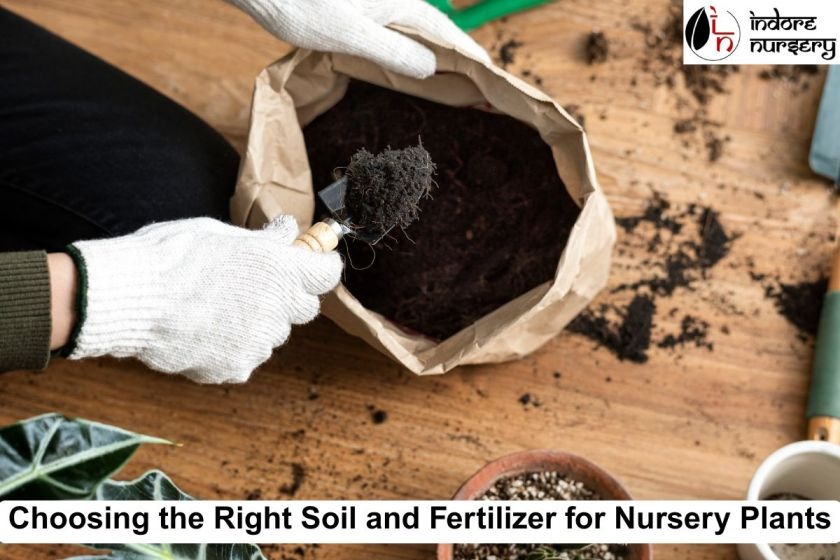
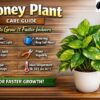
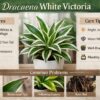

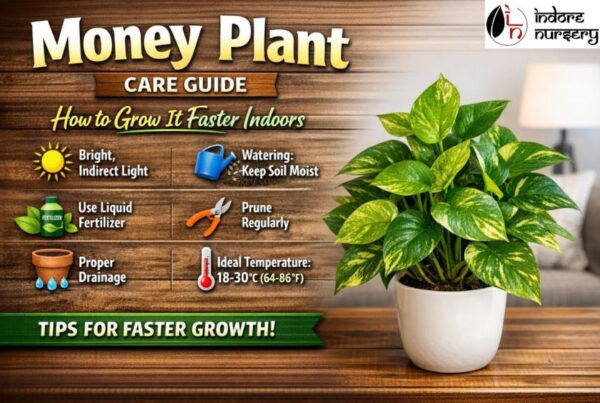
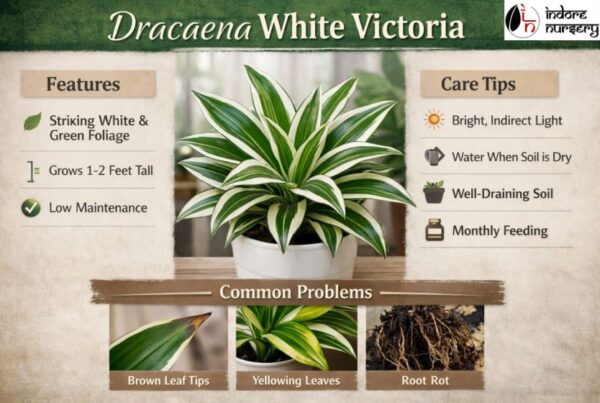
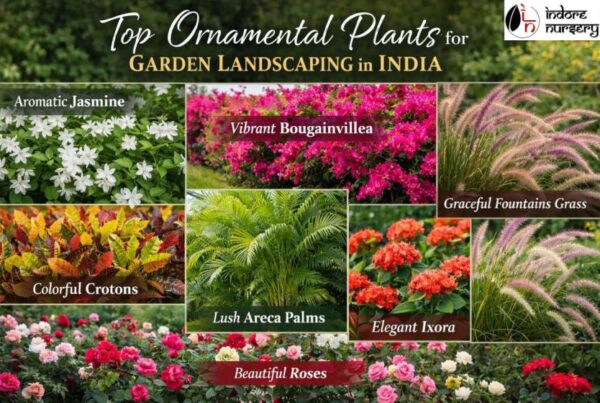

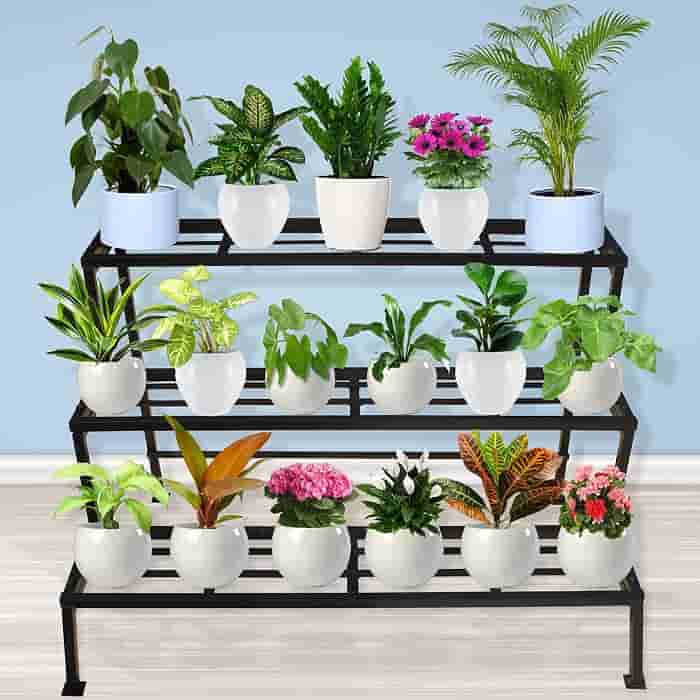
Recent Comments